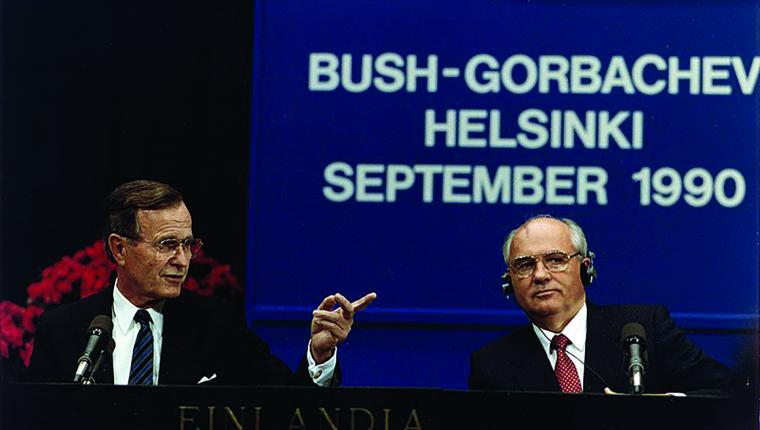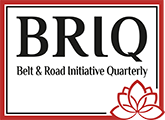
Gürcan, E. C. (2019/2020). Building a fair world order in a post-American age. Belt & Road Initiative Quarterly, 1(1), 6-16.

This work is licensed under a
Creative Commons Attribution 4.0 International License.
Much has changed over the last three decades since George H. W. Bush’s call for a so-called “New World Order”. US leadership in the post–Cold War era has not only failed to provide global stability; it has also sharpened socioeconomic inequalities on a global scale. This situation has greatly facilitated the emergence of a multipolar world order. In political science, “world order” describes a system of global governance that draws its legitimacy from certain standards of fairness for global cooperation. The present article proposes to revisit the notion of world order from the lens of Rawlsian political philosophy on fairness. The aim is to assess how the American world order has addressed fundamental fairness issues and to understand how the newly emerging alternatives to this order tackle the challenge of fairness in a post-American age. The article uses process tracing to advance a threefold argument. First, US global leadership cannot maintain reciprocity and mutual trust as the driving values of global governance. Instead, developing countries are taking the lead in forging alternative values and principles for fairer cooperation. Second, US global leadership continues to rely on exploitative and coercive practices such as neoliberalism and military interventionism, which arrest international development. In contrast, contending countries in the developing world emphasize the practice of peaceful and sustainable human development. Third, and relatedly, US global leadership cannot prevent the crisis of its own institutional arrangements. This crisis is met by the initiatives of developing countries to create alternative institutions of global governance.
Keywords:fairness; global governance; international cooperation; military interventionism; neoliberalism; world order
